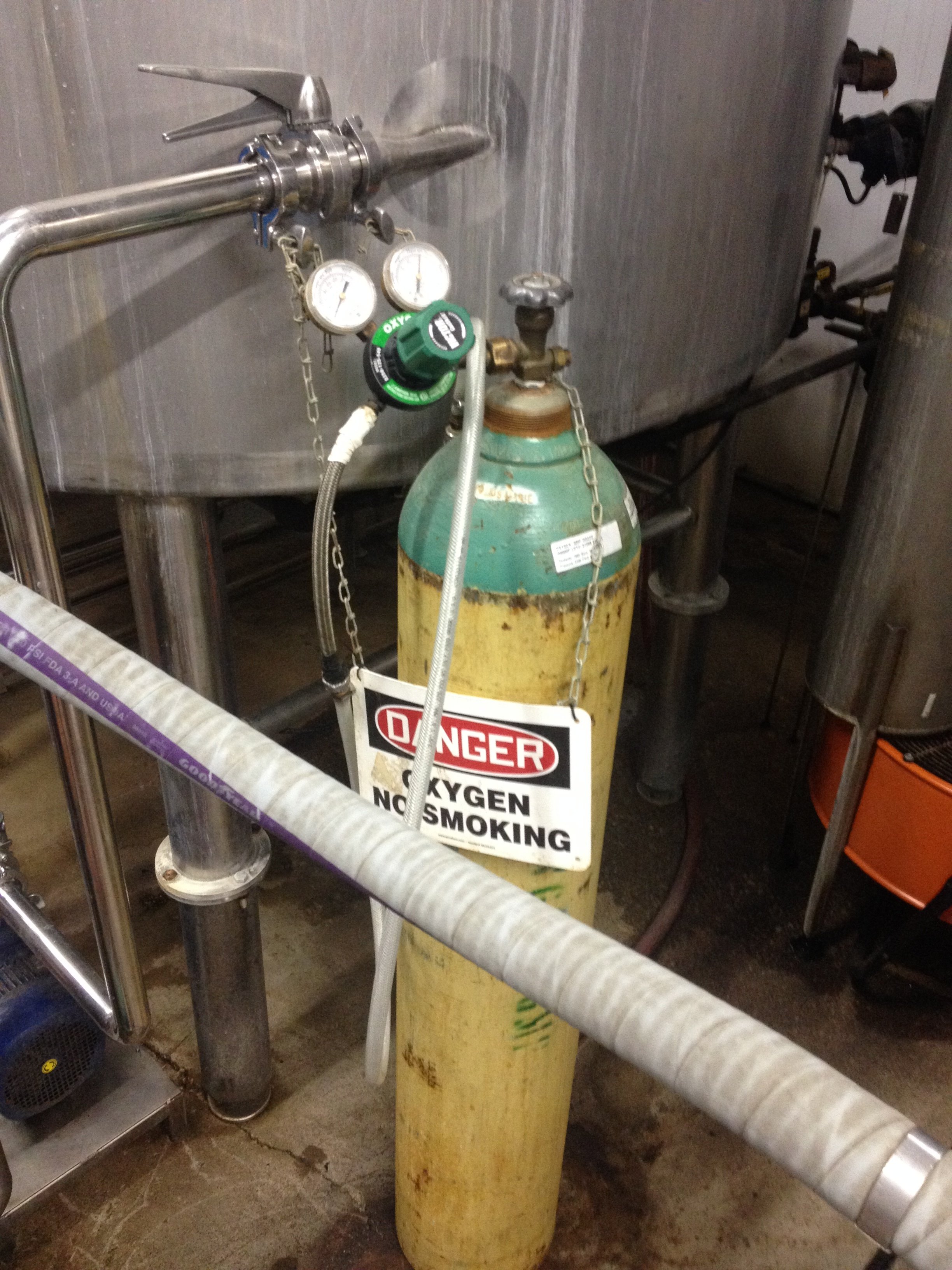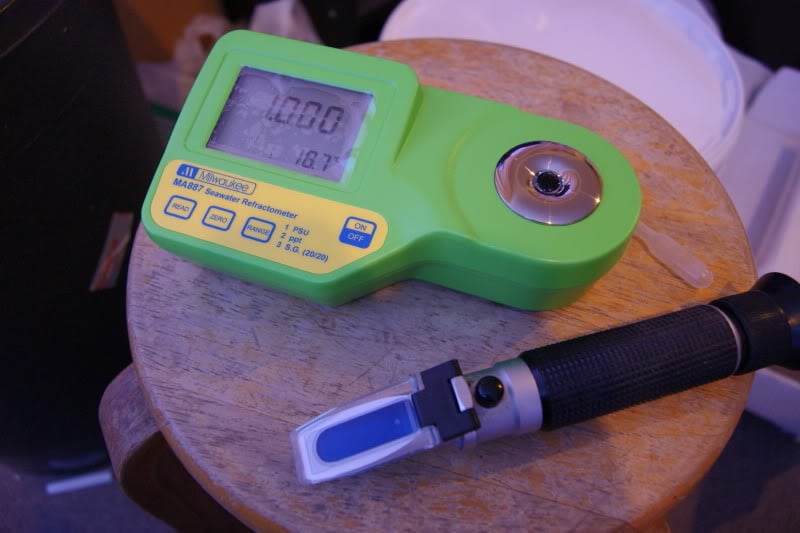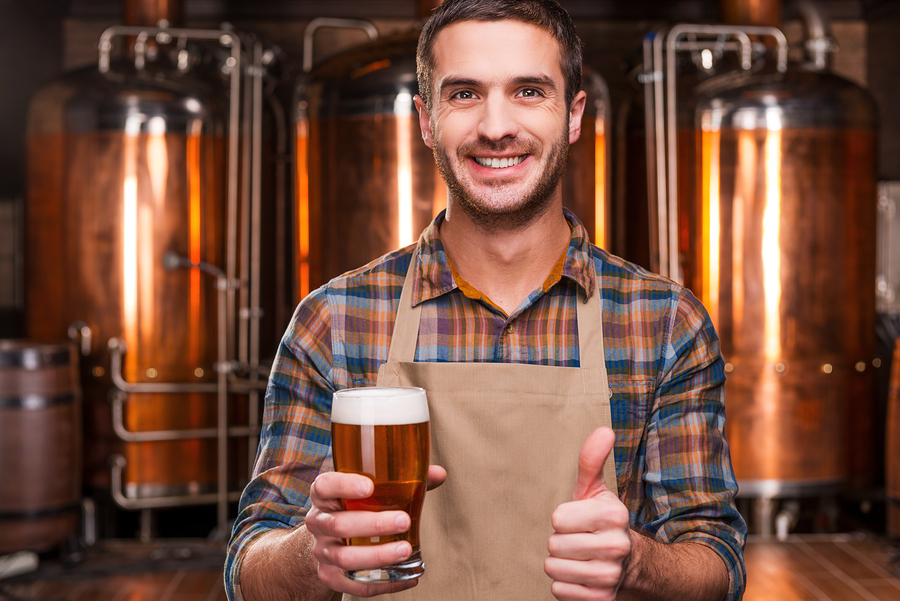 Don't be afraid to experiment to find the right hops for your craft beer.
Don't be afraid to experiment to find the right hops for your craft beer.
Hops are what seduce us into drinking beer. Inhaling a hoppy beverage baits us into drinking another pint. The lack of hoppy beer sends us to the store for more, and in the case of a brewer, the smell of hops being added to the boil can send one into a hypnotic state. As the danky aromas fade, reality sets in. You may ask yourself, “how do I pick the best hops for my beer?”
Using all the best ingredients in your brewery is one way to sweep your customers off their feet. Selecting the best hops? Not only can it ‘harpoon’ your clientele into coming back, shopping around for those sticky green nuggets can increase profitability. But, what are the considerations when buying thousands of pounds of hops per year? As hops are the most expensive raw ingredient in beer, I asked a few award-winning west coast brewers how they keep up with the competitive hop game.
Selecting the Right Vendors
Vendor hunting can be different based on the styles of beer you make and how old your brewery is. If you’re just starting up, scrambling to get good hops can be a nightmare. As hop contracts are often signed a year in advance and are prioritized based on hop quantity needs and time contracted, getting in early can help the situation. “We contracted a year before we opened and signed for three years,” says Brandon Buckner of Bottle Logic Brewing in Anaheim. The consequence for lacking forethought is not making the beer you want on day one, when first impressions are solidified. One such local brewery opened with an all experimental hopped IPA apologetically, stating they couldn’t source the hops they wanted before brewing. Meet with vendors well before opening.
For head brewer Evan Price at Noble Ale Works, the issue was much different. He took over the brewing position at an established, yet young brewery that didn’t have access to good hops. “Not having the best hops forced my creativity. Beers like Naughty Sauce, our golden milk stout with coffee was a result of that.” He eventually signed contracts with Hop Union and Brewers Supply Group in order to get the latest juicy fad hops, using both to get exclusive New Zealand varieties and trademarked hops like Simcoe, Citra, Nelson and Galaxy. “It took a year and half after I started to get the hop varieties I wanted and the amounts that I needed. I had to convince as many friends as possible to sell me the hop varieties I wanted. When that didn’t work, I had to use hops that I didn’t appreciate as much. It was a lot of work!” Now, Evan re-sells over purchased hops on lupulinexchange.com, a place for brewers to buy and sell hops openly.
Matt Brynildson, brewmaster at Firestone Walker had a different problem altogether. For Easy Jack Session IPA he couldn’t source enough hops, forcing him to look for a supplier that could fit the quantity, quality and profile of what he was looking for in that beer. He ended up ‘Hoofing it in Hallertau’, Germany, coming away with “one of the most enlightening and inspiring experiences in my twenty years of brewing.” Matt’s Hallertau trip provided him with the opportunity to personally meet with German hop farmers and tour their farms, as well as to sample both established and new hop varieties. He was able to secure ample supplies of two newer hop varieties, Mandarina Bavaria and Hull Melon.
Of all the brewers asked, each mentioned the word relationship with their hop vendors. “When we are looking for a new variety we would typically start with existing vendors, do our research on which growing regions and growers are the best at producing the variety of interest,” says Brynildson. “But in the end, we typically work through the existing relationships,” he continued. Evan Price added exclusivity. “Certain hops are only available through certain vendors, so we have to shop around to get everything we need.” Johnny Johur of Artifex Brewing looks for quality first, but each mentioned price as a major factor. Availability and even carbon footprint were other considerations.
When we asked the brewers what they consider when researching hops, and what their top five hop tips are, here is what they had to say.
Things to Consider when Researching Hops
Matt Brynildson: "You could write volumes on this but the more you know about the agronomics the better you can source quality. Processing comes into play and has a huge affect on the quality of the finished product. There is a big push to figure out what is best for dry hopping relative to picking window, drying and downstream processing (pelletization, packaging storage)."
Evan Price: "There’s not a whole lot of research we do before buying. We do the rub, but often there isn’t a direct correlation to how the hop does in the beer. Chinook, for instance, is one of the best smelling hops when I open the bag, OH MAN! If I can get my beer to smell like this! Unfortunately it isn’t the case, so, we don’t use the rub heavily. We do single hop series beers to see how each hop performs, and make decisions based on that. We research the crop yields so we don’t base a recipe on a hop and find out there isn’t enough."
What are your top five hop tips?
Matt Brynildson:
- Sign contracts regardless of your size. This is the best way to communicate your needs and communicate to the growers what should be in the ground. Ultimately this will secure your supply and lead to consistent quality.
- Select your hops and pay attention to grower numbers (know where the hops you select are grown and by whom).
- Spend time in the hop growing world. Visit the places where your hops are grown.
- When hops arrive to your brewery, spend time assessing the quality, take notes and place your raw materials into the process where they will make the best beer.
- When tasting finished beer keep in mind which hops went into the brew, where they came from, how they were stored and what you can do to use those hops to make a better beer.
Johnny Johur:
- Do your research. Know what you're looking for.
- Shop around. There are a lot of farms out there.
- Forecast as best as possible. This can be difficult but is necessary.
- Be willing to experiment and try new varietals.
- Check with other breweries to see what they have. A lot of places over-contract and are willing to trade or sell you their excess.
Matt Brynildson (brewmaster, Firestone Walker), Evan Price (head brewer, Noble Ale Works) and Johnny Johur (head brewer of Artifex Brewing, previously of Pizza Port) have all won awards for creating vibrant, high quality hoppy beers.
If you liked this article, you may also like: Mad Hops? Should You Brew a High ABV Craft Beer?




.png?width=2254&height=703&name=longitude_logo_final_transparent%20(1).png)
Share This Post